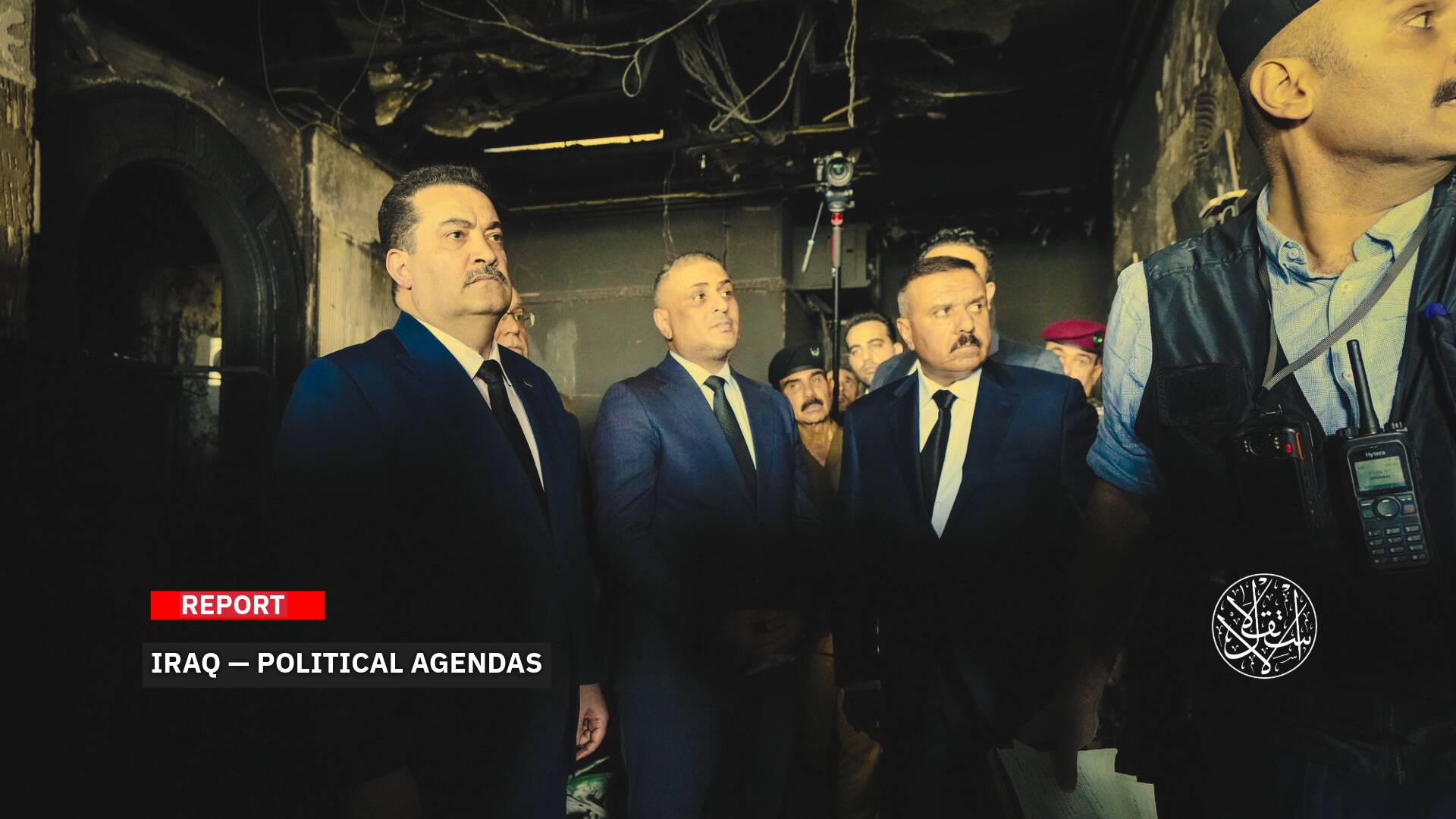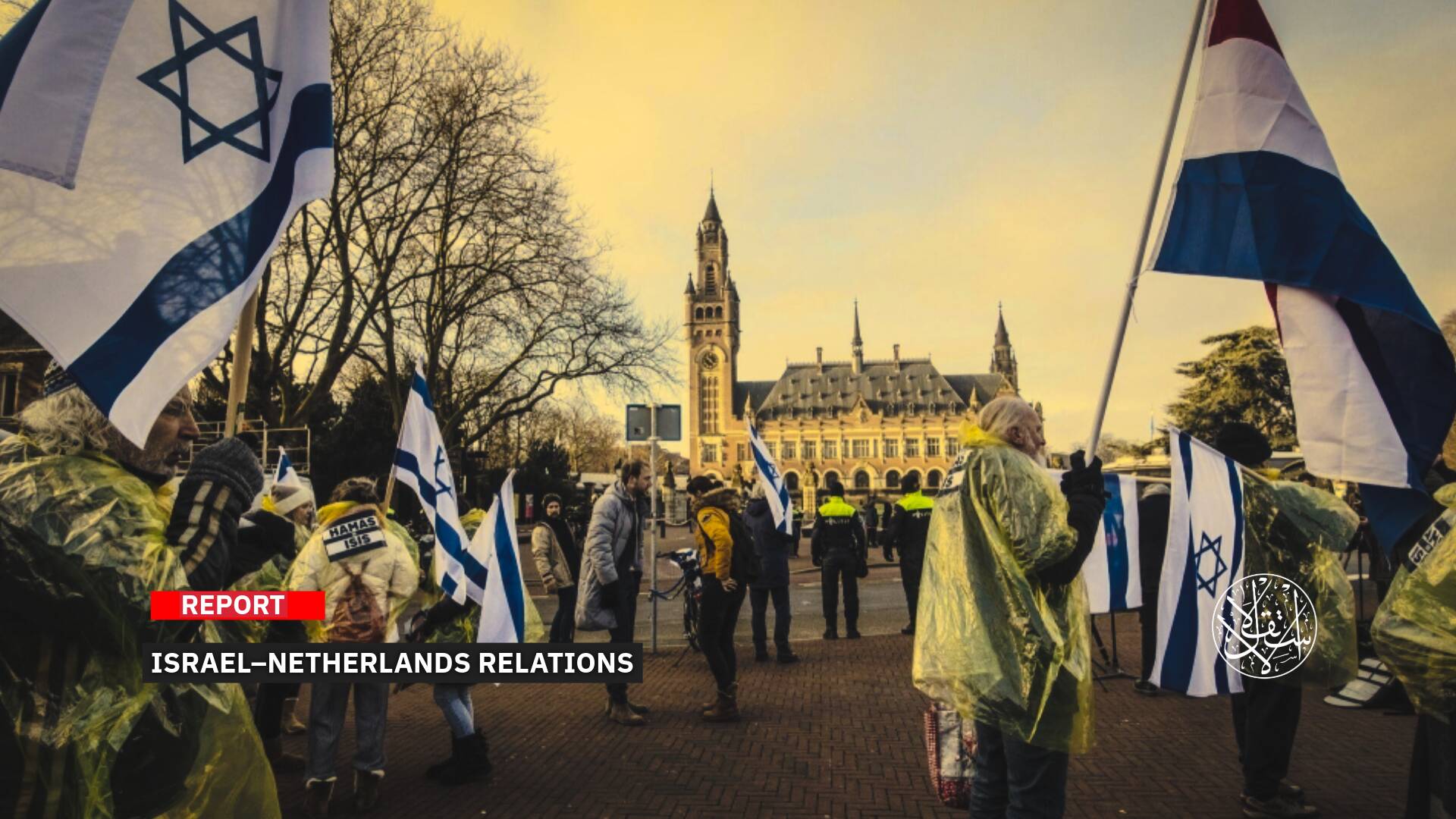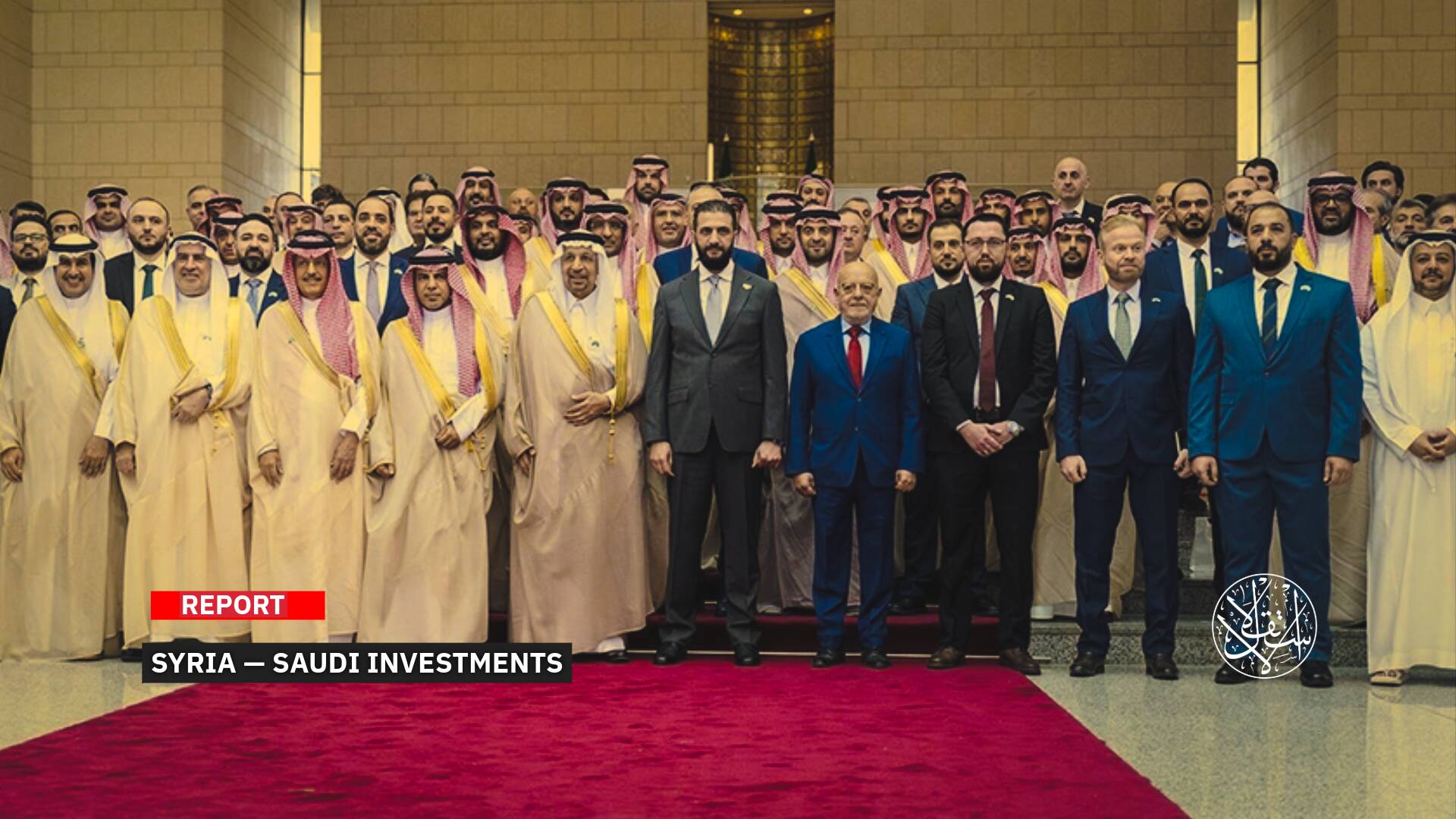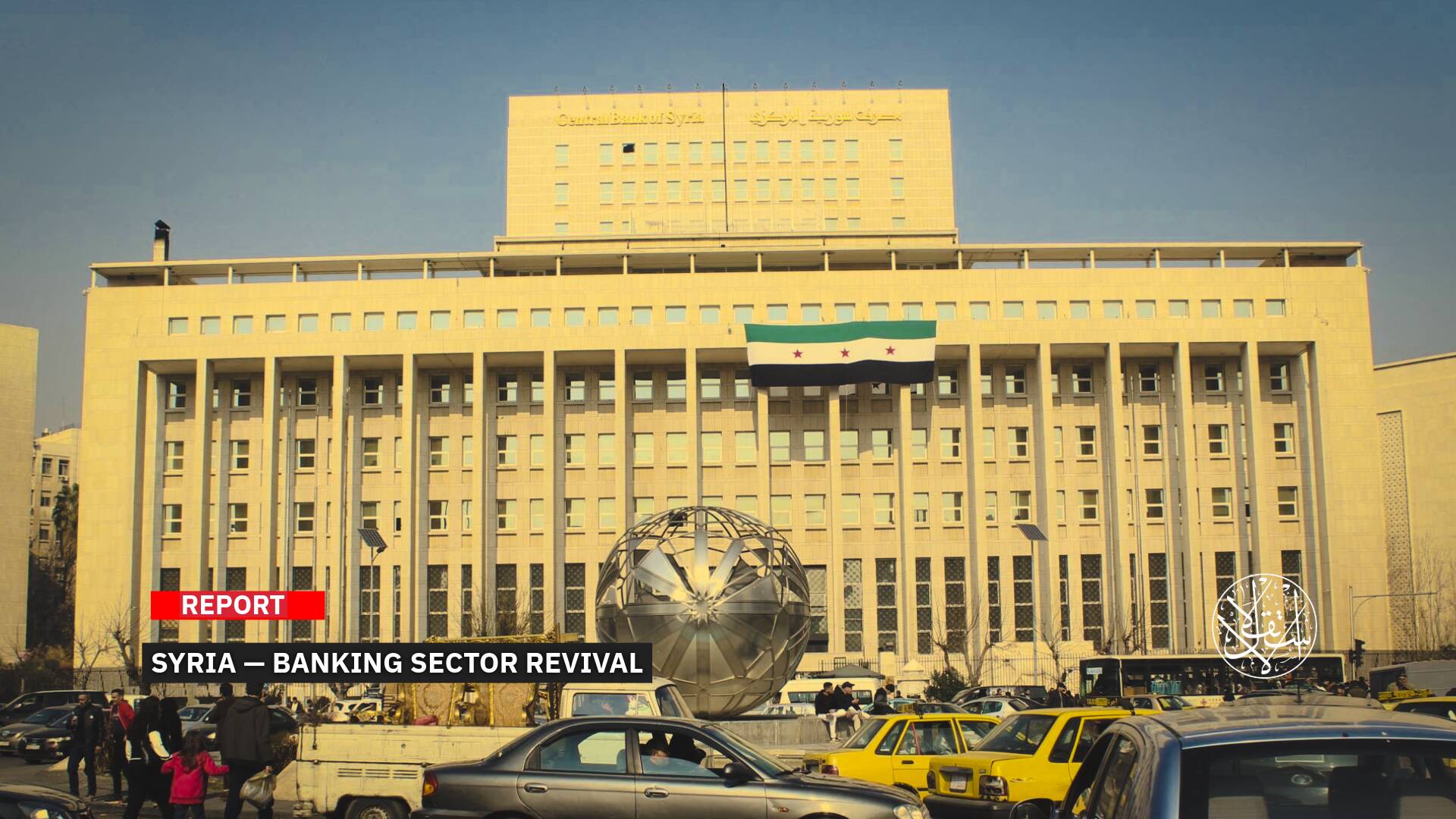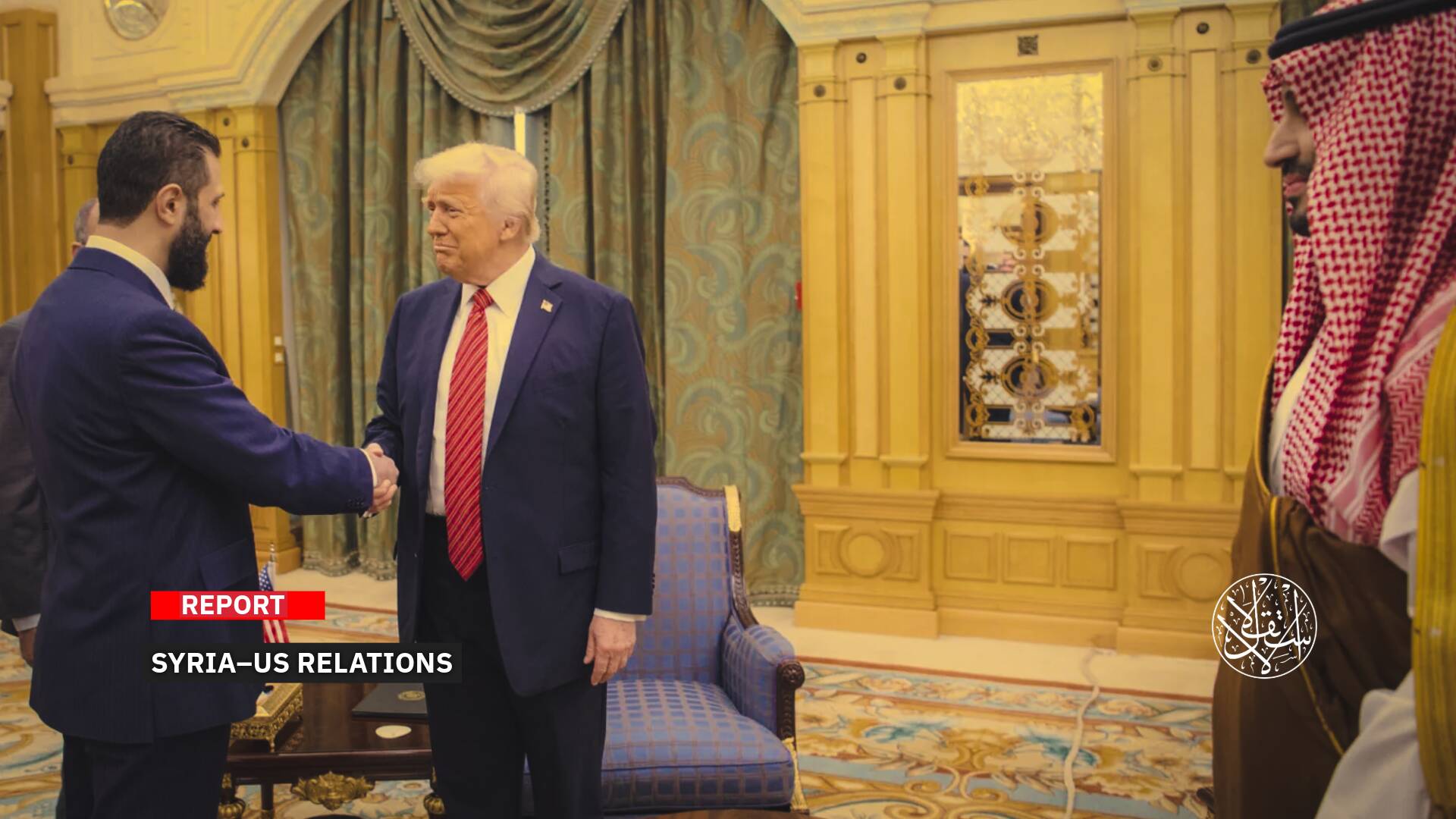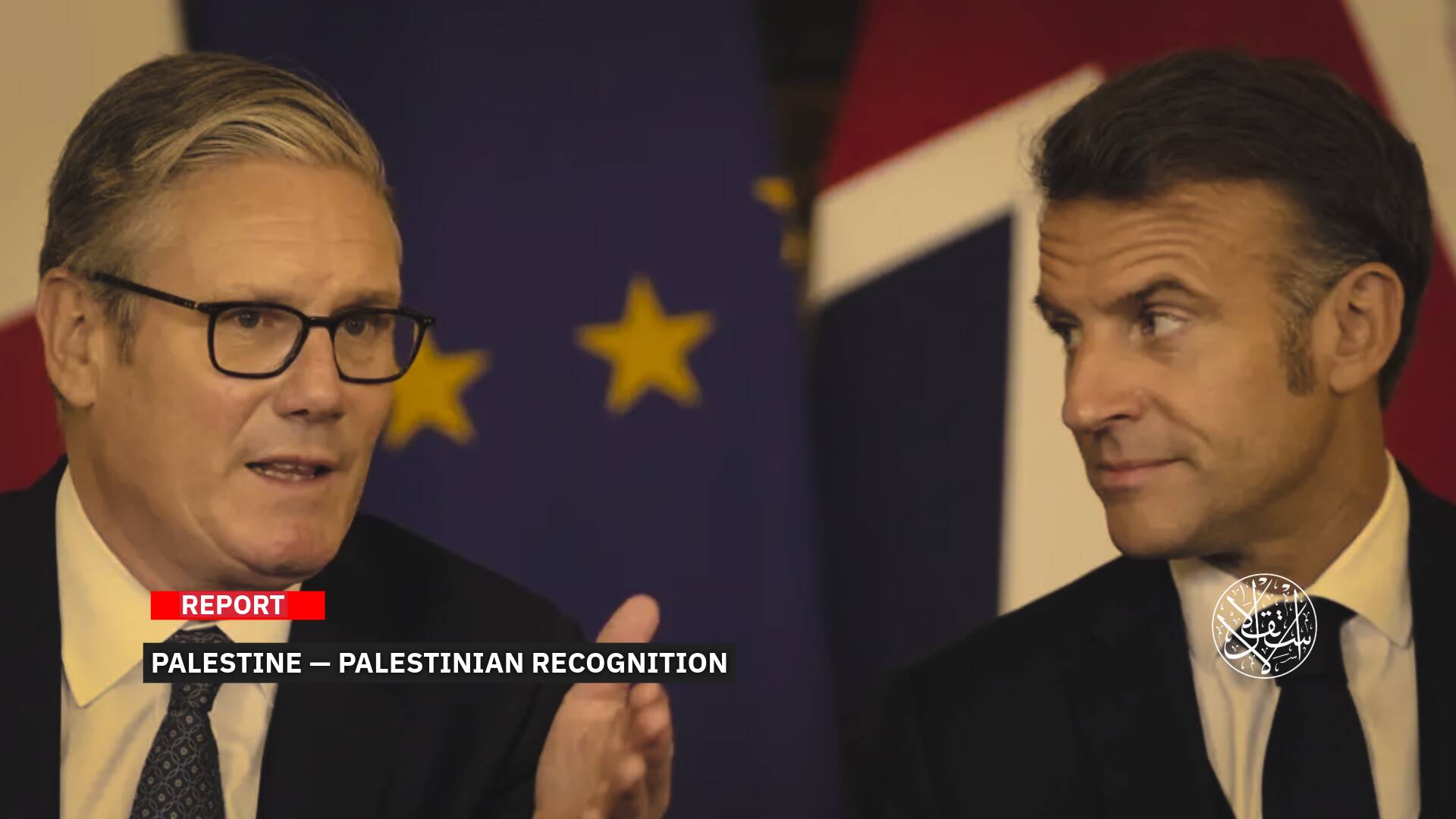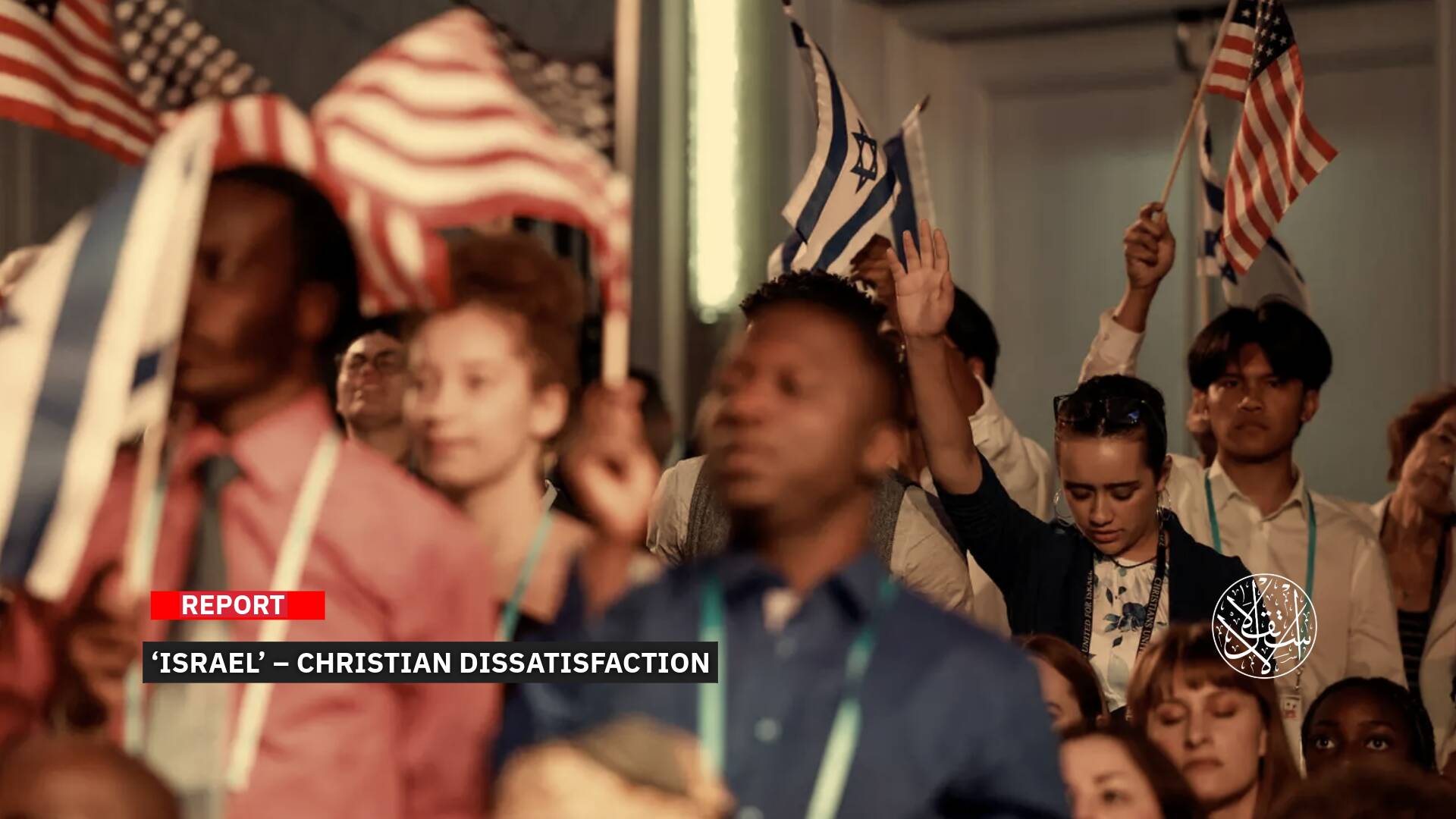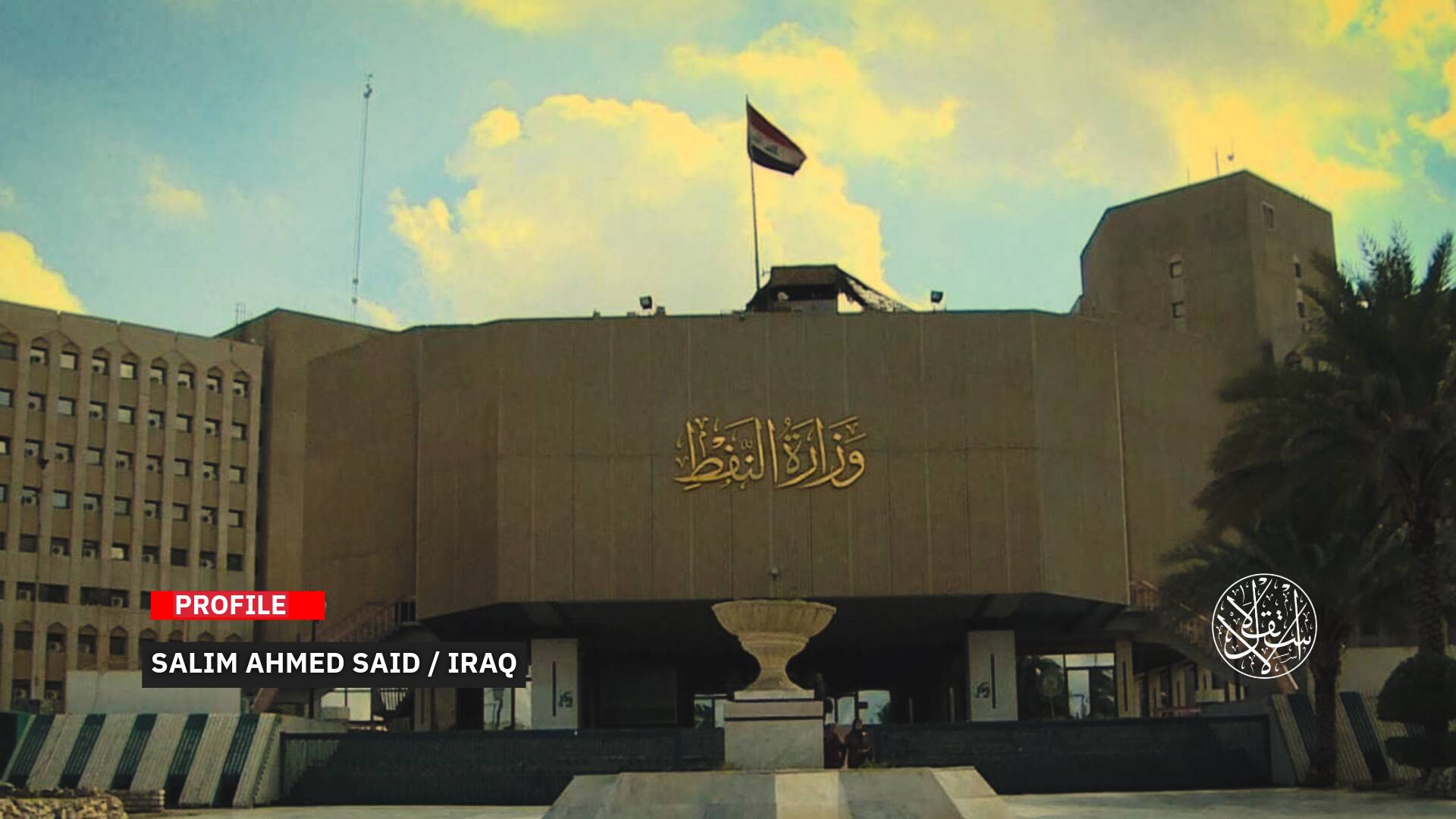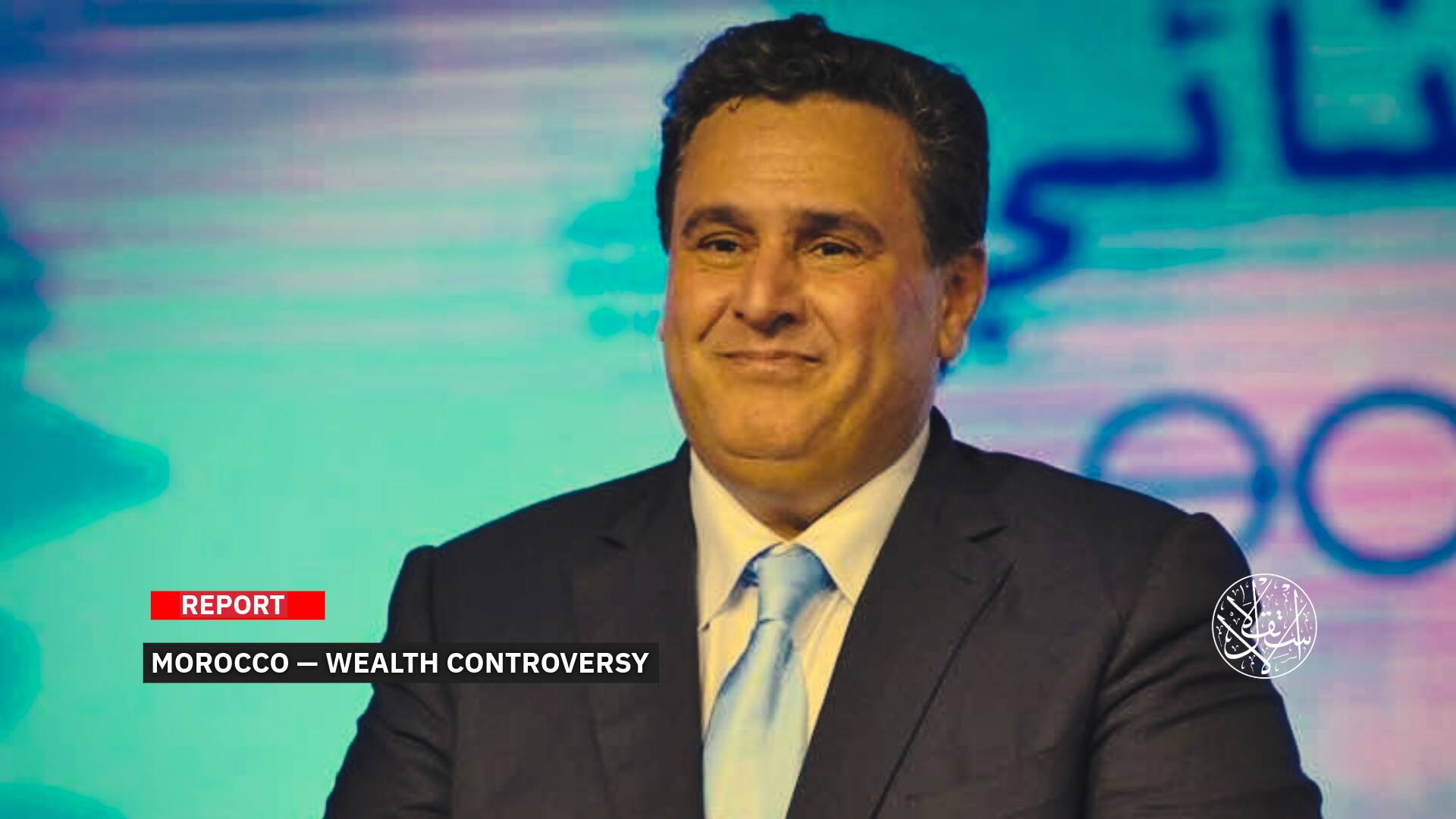Iranian Anger at Fidan: Did Araghchi’s Visit to Turkiye Fail to Halt Assad’s Defeats?

Khamenei's advisor accused Turkiye of falling into a trap set by the U.S. and “Israel.”
Although Foreign Minister Abbas Araghchi called the Ankara talks constructive and friendly, he openly acknowledged disputes with Turkiye over Syria. Ali Akbar Velayati, advisor to Iran’s Supreme Leader Ali Khamenei, accused Turkiye of falling into a “trap set by the U.S. and Israel.”
Iran's discontent sparked doubts about the success of Araghchi’s December 2, 2024, visit to Turkiye, where he met with Turkish Foreign Minister Hakan Fidan to discuss Syria's unfolding developments.
Since November 27, 2024, Syrian opposition factions have been engaged in clashes with regime forces across multiple areas of the country.
Opposition forces entered the city of Aleppo, gaining control over most of its neighborhoods, fully capturing Idlib province, and seizing numerous towns and positions in its countryside. They also began advancing into Hama.
Losing Aleppo and its surrounding countryside marked one of the Syrian regime's most significant military setbacks since 2015 when it reclaimed vast territories with support from Hezbollah, Russia, and Iran.
Iran's Discontent
During his brief visit to Turkiye, Araghchi subtly acknowledged some disagreements with the Turkish side over Syria, but stressed that consultations would continue to find a way forward.
In a press conference with his Turkish counterpart, Hakan Fidan, Araghchi highlighted an agreement with Turkiye to continue the Astana process. He described the talks in Ankara as quick, direct, friendly, and constructive.
The Astana talks, initiated in 2017 between the opposition and the Assad regime, are facilitated by the guarantor nations—Turkiye, Russia, and Iran—to find a political solution to the Syrian crisis.
Araghchi mentioned that both sides had agreed on the need to prevent Syria from becoming a haven for “terrorist groups.” He said they had exchanged views on the importance of “combating terrorism,” which is reportedly supported by the U.S. and “Israel” through ongoing arms and aid.
“Terrorist groups in Syria had connections to the United States and Israel, and this caused mistrust there.”
He also emphasized that there must be collective action against this “terrorism,” warning that it could impact all regional countries and lead to the spread of more “terrorist groups.”
“Insecurity in Syria will be a blow to the people of Syria, Syria's economy. Syria should not be a hotbed of terrorist groups,” Araghchi added.
Fidan, in turn, said discussions had taken place with Iranian Foreign Minister and Russian counterpart Sergey Lavrov, with plans to meet soon under the Astana framework.
He noted that the developments in Syria underscore the need for a settlement between the regime and the opposition, adding that Turkiye is ready to contribute to any dialogue if necessary. He also emphasized that Damascus must be willing to listen to the other side.
According to the Turkish minister, the Syrian regime's unwillingness to negotiate with the opposition was the key factor behind the current developments.
He also emphasized the Turkish-Iranian alignment on the need to eradicate terrorist groups, though he did not specify which groups they were referring to.
For Turkiye, the PKK (Kurdistan Workers' Party) and the Kurdish YPG (People’s Defense Units) in Syria are at the top of that list.
Fidan further stressed that the recent large-scale offensive by the Syrian opposition against government-controlled areas was “not foreign intervention.”
“It would be wrong [..] to explain the events in Syria with any foreign intervention.”
“The latest developments show once again that Damascus needs to reconcile with its people and the legitimate opposition,” he added.
“At the point we have reached, the reason for widespread clashes starting again in Syria is that interlinked problems have not been resolved for more than 13 years.”
According to Fidan, Ankara opposed any escalation in Syria or flow of refugees from the region.
Following the Turkish minister's remarks, Ali Akbar Velayati, the Iranian Supreme Leader’s adviser on international affairs, sharply criticized Turkiye.
In an interview with Tasnim, he said Fidan, who is an experienced individual in intelligence and foreign policy sectors, was expected to address a series of problems in Turkiye’s foreign policy.
“But we’d never imagine that Turkiye, with a long Islamic history, may fall into a trap set by the U.S. and Zionists [in Syria].”

The Domino Effect
Commenting on the success of Abbas Araghchi’s visit and Iran’s evident dissatisfaction, Syrian researcher and writer Ahmed Kamel said, “Iran’s position is precarious. They lost Lebanon, the crown jewel of their influence, when Hezbollah suffered a defeat and signed a surrender agreement after significant losses, limiting its actions in both Lebanon and Syria.”
“The Iranian regime has already lost Lebanon and is now facing massive setbacks in Syria. The areas liberated by the opposition and the Syrian people were zones of influence for Iran, Hezbollah, and Russia. Thus, these defeats are collective losses for them all,” he told Al-Estiklal.
“Iran’s current situation can be understood from its desperate rhetoric, labeling the Syrian opposition as terrorists and mercenaries for Israel and the U.S., among other absurd lies.”
According to Kamel, “Iran fears a domino effect—losing Lebanon, then Syria, then Iraq, until these losses reach the core of the Iranian regime itself.”
“Turkiye is well aware of this and is acting accordingly.”
Kamel also highlighted that “Turkiye’s stance has grown significantly stronger since the launch of Operation Deterrence of Aggression, both in its dealings with European countries and globally, as well as in its position against Iran, Russia, and the Syrian regime.”
“Turkiye logically wants to convey to the Iranians that the situation on the ground has changed, and consequently, their policies must adapt.”
“The Assad regime has lost half of Syria’s population and more than half of the country’s wealth in less than five days, and the operations are still ongoing,” Syrian researcher added.
“For a considerable period, Turkiye had been urging Bashar al-Assad’s regime to reconcile, but the latter arrogantly refused, likely at Iran’s behest, as Tehran didn’t want Assad to establish ties with Ankara. Such a move would undermine Iran’s relevance in Syria.”
Following his meeting with the Iranian foreign minister, Turkiye’s foreign minister stated that Ankara had extended its hand to the Syrian regime multiple times, only to be met with rejection. According to Kamel, this refusal makes the regime’s current predicament a fair consequence of its dismissal of political and peaceful solutions in Syria.
“Turkiye is now in a strong position, both on the ground and diplomatically, because it had made serious, prolonged, and even excessive efforts to bridge gaps with Assad, but he declined.”
As a result, Kamel argued, any Turkish support for military actions by the opposition is justified and widely accepted; any reconciliation with the regime moving forward will likely come under new conditions shaped by Turkiye’s strengthened position.
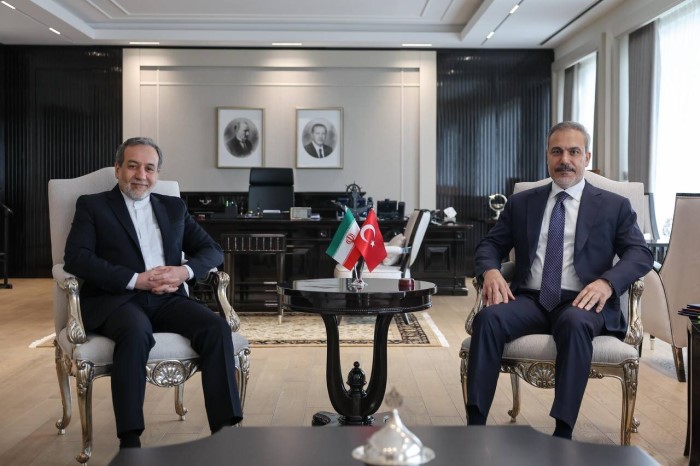
Fidan’s Messages
In a related context, Turkish journalist Yusuf Alsharify said “the Ankara conference between the foreign ministers of Turkiye and Iran highlighted Turkiye's firm stance on negotiations to halt the fighting in Syria.”
According to Alsharify, Hakan Fidan delivered three clear messages, starting with a warning: This is an internal issue, and any external involvement—whether from Iraq’s Popular Mobilization Forces or Iran’s Revolutionary Guards—would be a serious misstep.
“The second message emphasized that the ongoing developments stem from Syria’s political deadlock, making negotiations between Damascus and the opposition essential. Turkiye’s mediation, however, hinges on rebuilding ties between Ankara and Damascus first,” the Turkish journalist posted on X.
Alsharify noted that Fidan’s third message was a clear warning against the U.S. or Iran mobilizing “terrorist groups,” specifically pointing to the Kurdish-led Syrian Democratic Forces (SDF). He cautioned that any such move under the current circumstances would force Turkiye to intervene directly.
Summing it up, the Turkish journalist said, “Fidan’s message to Araghchi was essentially: Thanks for stopping by, but save yourself the effort—we’re already negotiating with Damascus via Russia and have no need for your involvement.”
On December 3, Tasnim quoted Araghchi saying that Iran would consider sending troops to Syria if Damascus sought assistance.
He also cautioned that the spread of what he called “armed groups” in Syria could pose a greater threat to neighboring countries like Iraq, Jordan, and Turkiye than to Iran.

For his part, the Chief of Staff of the Iranian Armed Forces, Mohammad Bagheri, stressed the importance of neighboring countries taking action to prevent “armed groups in Syria from receiving support.”
Bagheri warned that the activities of these groups in Syria represent “the first step in a dangerous regional scenario,” describing these developments, particularly after the ceasefire in Lebanon, as an “American-Israeli conspiracy” aimed at “weakening Damascus, its allies, and the axis of resistance.”
Sources
- Syrian government needs to reconcile with its people and opposition, Turkey says
- Velayati Surprised at Turkey’s Embroilment in US-Israeli Plot in Syria
- Türkiye calls for de-escalation in Syria, warns against terrorists
- Fidan: The regime in Damascus must sit down and listen to the opposition [Arabic]
- Iranian Foreign Minister Meets Turkish Counterpart in Ankara [Arabic]
- Iran-Turkiye Agreement to Prevent Syria from Becoming a Haven for Terrorist Groups [Arabic]
- Khamenei Advisor Criticizes Turkiye After Fidan-Araghchi Meeting: "Trapped by the U.S. and Israel" [Arabic]
- First official statement-- Iran: We are considering sending troops to Syria [Arabic]
- Iranian-Russian-Iraqi military agreement to support Syria [Arabic]


